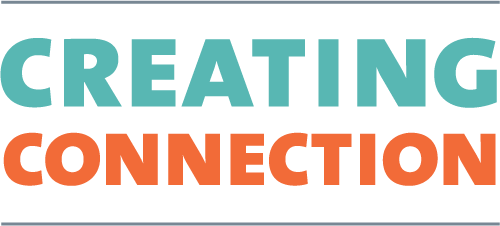Early results from a trial in Frome, Somerset, suggest that the simple practice of connecting people in a community may be one of the most dramatic medical breakthroughs of recent decades.
Researchers in Frome employed “health connectors” to help people plan their medical care and “community connectors” to help their patients find other support they needed.
Community connectors helped with a range of activities, including handling debt or housing problems and helping patients find social and creative activities in their communities likechoirs, lunch clubs, exercise groups, and writing workshops (among others).
The point was to break a dangerous cycle: “illness reduces people’s ability to socialize, which leads in turn to isolation and loneliness, which then exacerbates illness."
The combination of prescribing medicine and social connection helped reduce emergency room admissions.
Early indicators suggest that this increased social engagement—as directed and supported by the health care community—resulted in a 17% drop in emergency hospital admissions in Frome, when the rest of Somerset saw those same admissions rise by 29%.
Read on for more promising data from this study (and others) about the power of community and connection in making us happy and healthy.

